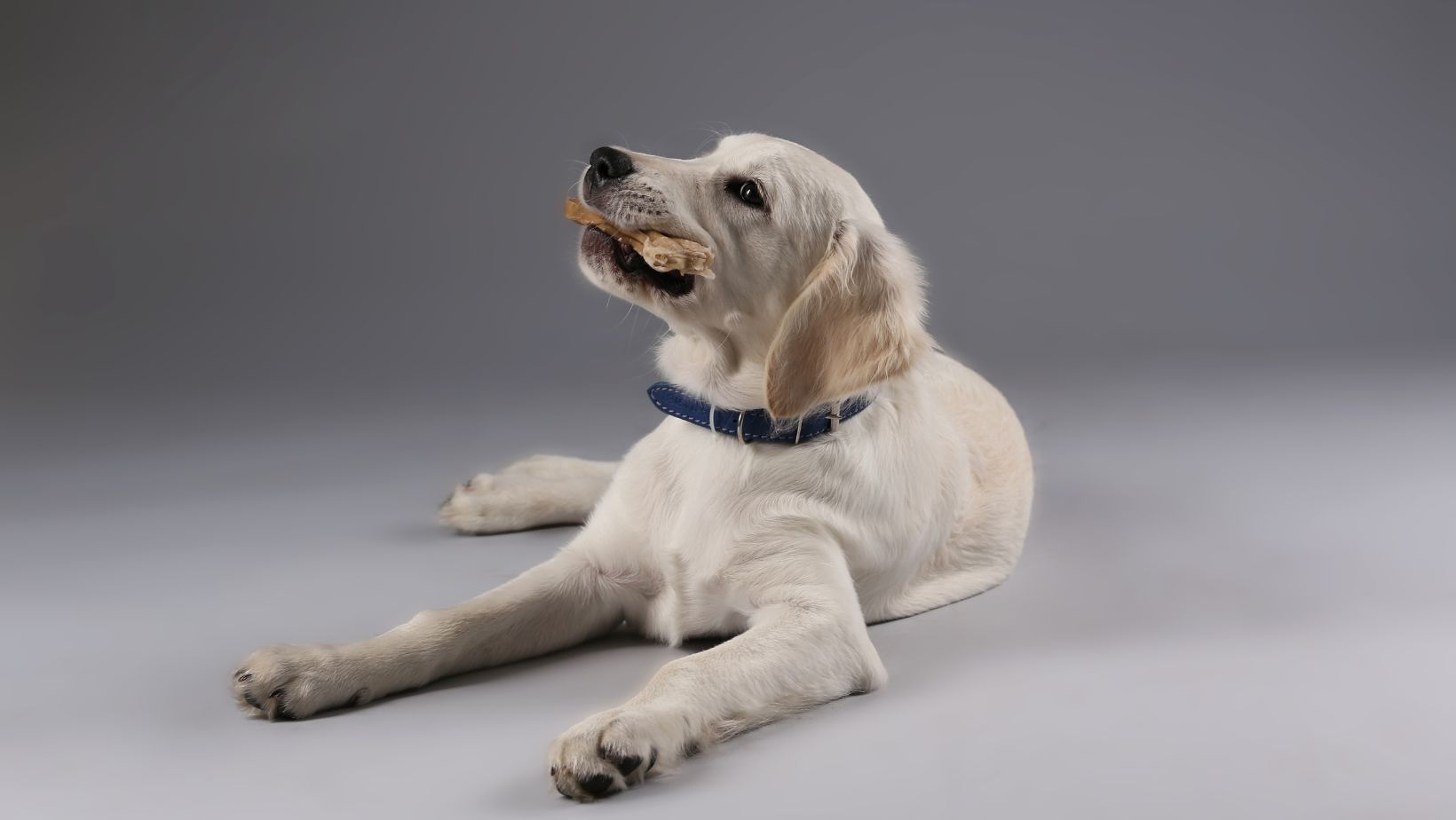How to Stop My Dog From Biting
Are you struggling with your Labrador biting? Don’t worry, I’ve got some tips to help you stop this behavior. Understanding why your Labrador is biting is crucial in addressing the issue effectively.
Labradors are known for their playful nature, but sometimes their playfulness can escalate into biting. One reason for this behavior is teething. Just like human babies, puppies go through a teething phase where they feel discomfort in their gums and seek relief by chewing on anything they can find, including your hands or furniture.
To prevent your Labrador from biting during teething, provide them with appropriate chew toys and redirect their attention whenever they start nibbling on something they shouldn’t. It’s also important to establish consistent rules and boundaries to teach them that biting is not acceptable behavior.
Understanding Why Dogs Bite
When it comes to understanding why dogs bite, there are several factors that can contribute to this behavior. It’s important for us as dog owners to recognize these reasons in order to effectively address and prevent biting incidents. Here are a few key points to consider:
- Fear and Anxiety: Like humans, dogs can experience fear and anxiety in certain situations. If a dog feels threatened or overwhelmed, they may resort to biting as a means of self-defense. This is particularly common in rescue dogs or those who have had negative experiences in the past.
- Lack of Socialization: Proper socialization plays a crucial role in shaping a dog’s behavior. Dogs that haven’t been exposed to different environments, people, and other animals from an early age may exhibit fear-based aggression when faced with unfamiliar situations.
- Pain or Illness: Dogs sometimes resort to biting when they are experiencing pain or discomfort due to an underlying medical condition. It’s essential for pet owners to be attentive and seek veterinary care if their dog displays sudden changes in behavior.
- Resource Guarding: Some dogs become possessive over their food, toys, or territory, leading them to bite if someone approaches or tries to take away their prized possessions. This type of aggression can often be managed through proper training and positive reinforcement techniques.
- Lack of Boundaries and Training: Dogs thrive on structure and clear boundaries set by their owners. Without consistent training and guidance, they may develop behavioral issues such as nipping or biting out of confusion or frustration.
Remember that every dog is unique, so it’s important not to generalize the reasons behind their biting tendencies. If you’re facing challenges with your Labrador (or any breed), seeking professional help from a certified dog trainer or animal behaviorist can provide valuable insights tailored specifically for your furry friend’s needs.
Seeking Professional Help if Necessary
When it comes to addressing biting behavior in your beloved Labrador, sometimes seeking professional help becomes essential. While you may have tried various training techniques and tips at home, there are instances where the guidance of a dog behavior specialist or trainer can make a significant difference. Here’s why considering professional assistance can be beneficial:
- Expert Knowledge and Experience: Dog behavior professionals possess extensive knowledge and experience in dealing with various behavioral issues, including biting. They understand the underlying causes of this behavior and can provide targeted solutions tailored to your Labrador’s specific needs.
- Safety First: If your dog’s biting tendencies are severe or pose a safety risk to you, your family members, or other pets, consulting a professional is crucial. They can assess the severity of the situation objectively and implement effective strategies to prevent further incidents.
- Identifying Root Causes: A certified dog behaviorist will dig deeper into understanding what triggers your Labrador’s biting episodes. Whether it stems from fear, anxiety, territoriality, or other factors, they’ll be able to identify these root causes accurately and design an appropriate behavior modification plan.
- Customized Training Plans: Every dog is unique, so a one-size-fits-all approach may not work for addressing biting issues effectively. A professional trainer will create a customized training plan that takes into account your Labrador’s personality traits, history, and individual needs.
- Consistent Guidance: Working with a professional ensures consistent guidance throughout the training process. They’ll help you understand how to respond appropriately when faced with challenging situations involving biting behaviors and provide ongoing support as needed.
Remember that seeking professional help doesn’t imply any failure on your part as an owner; rather, it shows your commitment to ensuring the well-being of both your Labrador and those around them.
